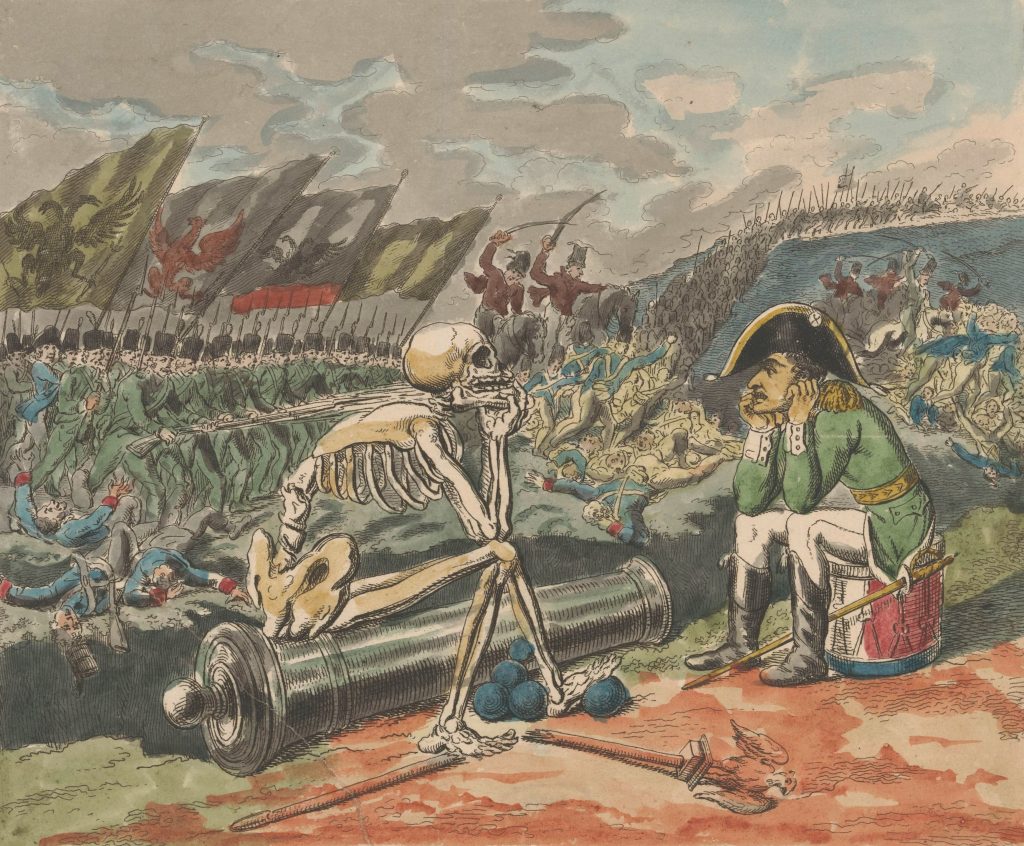For a long time, I used to go to sleep, too late and overagitated, by means of a breathing practice recommended by Dr. Andrew Weil in Julie Hecht’s novel The Unprofessionals. My memory is that the technique was described in the novel, but I double-checked the other day, and it doesn’t seem to be. It’s only name-checked: “I got a jittery feeling that quickly increased to a panicky feeling, and forgot to do the breathing exercises recommended by Dr. Andrew Weil every possible chance he could,” the narrator recounts, in one of a number of incantatory references. I must have looked the technique up, on the strength of the novel’s implicit recommendation. This was before absolutely everything was online, and I might even have stolen it from out of one of Weil’s books in a bookstore by browsing. Anyway, the technique consists of breathing in through your nose to a count of four-Mississippi, holding your breath for a count of seven-Mississippi, and then exhaling through pursed lips, in little reverse sips, for a count of eight-Mississippi. You do three cycles. Weil talks about it somewhere online as if it is almost dangerously powerful, as if breathers should be careful not to do too many cycles at one sitting.
It is effective! For a while, I had the idea of writing a blog post where I rated and evaluated it and other breathing techniques with vocabulary borrowed from reviews of jazz and diabetes medication—riffs and rises and highs and slides—but Weil’s 4-7-8 is the only breathing technique I know intimately enough. Paradoxically, while you’re doing it, you notice that early on, your heart rate spikes, I’m not sure why. Maybe some kind of alarm system is triggered by the sudden limitation in oxygen intake? But when you let yourself go, at the end of the third cycle, it’s like you’re on a bike at the top of a hill. You’re speeding down, almost effortlessly, drawn by gravity, and what careens you into sleep, in the end, is the long, slow, gentle coasting that follows.
Using the technique to induce sleep may be slightly off-label; I think the primary use-case is to reduce anxiety. I do use it for that, too.
A couple of years ago I stumbled onto another technique, apparently used by U.S. special forces when they need to nap for strategic reasons. (I nap for strategic reasons daily.) Reports of the technique had been misconstrued by rightwing pundits as some kind of woolly-minded assault on the cognitive integrity of warriors, and media were trying to explain, is how it reached me. Two techniques seem to have been conflated: the first involved lying on the floor, next to a couch or a bed, and having your hips and knees crooked at 90-degree angles, so that your feet are resting on the couch or bed at a plane higher than your head and torso. More blood gets into your head, is I guess what is happening. The second technique is known as box breathing: breathe in for four seconds, hold your breath for four seconds, breathe out for four seconds, and then wait four more seconds before inhaling again [editorial note, April 6: This sentence has been corrected thanks to a friend who’s a yoga teacher!]. Presumably so named because the sides of a box are all the same length? On the internet, both techniques are now associated with special forces, but I am no longer able to find anyone online recommending a combination of the two. Once upon a time, though, someone on the internet had put the two together and did recommend this, and I tried it, and it worked brilliantly, except that, just as you’re about to drift off, you need to crawl off the floor and into bed, which is somewhat interruptive. Some of you may be able to sleep in that weird position, like a human bookend. Apparently warriors do. This technique fell out of my repertoire.
The real solution, which I am avoiding even the mention of: don’t read the news in the hours leading up to bedtime. Bo-o-o-o-ring! I’m sure it works, but I do not seem to be mentally and morally tough enough to profit from it, and find myself almost every night staring at the ceiling, my mind aquiver with self-reproach at having once again sabotaged the rest that would enable me to extrude a healthy quantity of novel the next morning. In a recent collocation of health tips in the New York Times, there was a recommendation that insomniacs “count backward from 300 by threes,” a practice that for a while I adopted with enthusiasm. It was a little too easy, so I enhanced it by requiring that, at each interval, I check my math by adding up the digits of the number I had reached, since the sum of the digits of any number divisible by three is also divisible by three. (This also works for divisibility by nine, by the way, if you are crazy like I am.) So if you get to 257 and you wonder if you messed up somewhere, well, 2 + 5 + 7 = 14, so yes, you did. I start with a rhythm where I do the subtraction and the digit-sum check once for every breath, and when I stop being able to keep up, remind myself that this is a good thing. Eventually your brain just sort of winks out. I’ve gotten south of 100 (or rather, 102), but I’ve never actually made it all the way to zero. The downside is I’m pretty sure this technique almost perfectly replicates the final decay of brain death: endless arithmetic, evacuated of human meaning.
My newest passion, also taken from obsessive reading of the New York Times Tuesday morning Science section, is “cognitive shuffling.” Choose a word, any word. Preferably one like megalith or stare that doesn’t repeat letters. For each letter, come up with as many words as you can that begin with that letter. When you can’t think of any more, move to the next letter, and come up with words that start with that one. I try to time it one new word per breath. That keeps me from controlling the words. Well, it constrains my ability to control the words. Instead of running a checksum on the words that come up, I try to notice patterns in them. I’ll notice that, for example, a lot of the words coming up are from the news: market, monopoly, mistake, military, Mennonite. Or that a lot are words that I know are words but only have a tenuous grasp of the meaning of: erethism, erysipelas. Agrimony came up the other day, which it turns out is confused in my head with antimony and antinomy. So I just said all three. (The danger here is that you will be tempted to get out of bed and look them up. Don’t!) If the letter is H, it’s advisable to give in and say homosexual as soon as possible, and move on. I let myself do proper nouns, because once you think of one, you can’t really keep them out. They’re often very revealing. What I’m doing, I guess, is self–free association with a side of light self-psychoanalysis. At some point during the noticing about the words, my brain slips sideways into dream—which is after all just the day’s jotsam stitched together on a thread of half-unspooled intentionality—and we’re off to the races. More than once I’ve lost track of the word I was trying to spell, but I don’t think I’ve ever gotten all the way to a word’s end.
















